Keywords: University Of Melbourne
-
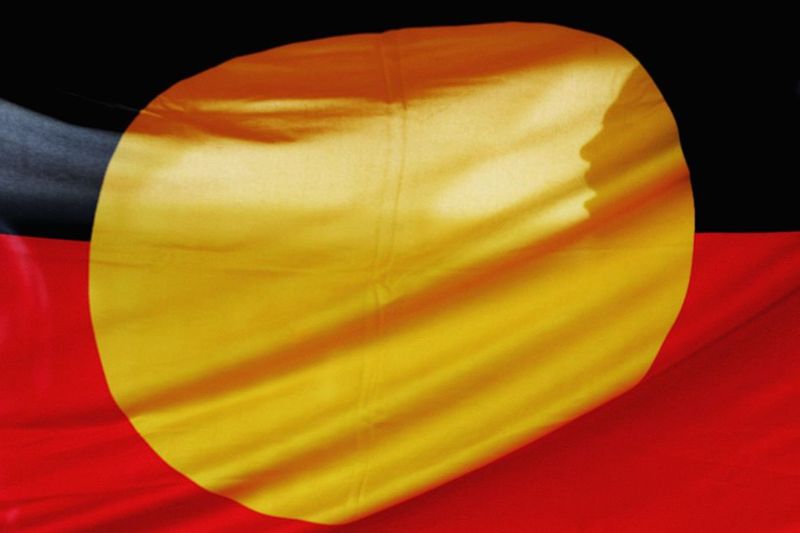
AUSTRALIA
- Frank Brennan
- 01 December 2022
15 Comments
We have a lot of work to do if there is to be any prospect of a successful referendum on the Voice to Parliament, which Indigenous people have put to us as the mode by which they want to be recognised in the Constitution. They have said they want a Voice. Now, we can debate whether it be a Voice to Parliament or a Voice to Parliament and government, or a Voice just about particular laws.
READ MORE 
-
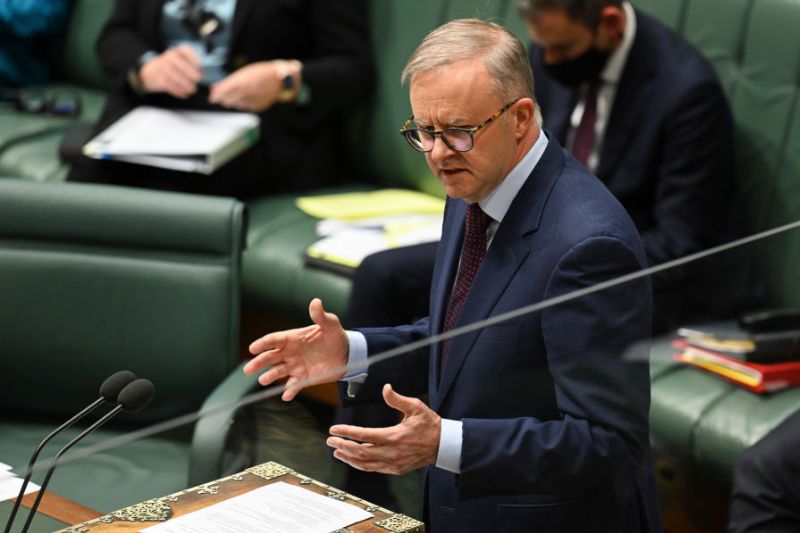
AUSTRALIA
- Frank Brennan
- 28 October 2022
6 Comments
In recent years, Australian policies in relation to asylum seekers and refugees have been unnecessarily mean, cruel and disorganised. The election of the Albanese government provides the opportunity for a reset, putting behind us the past mistakes of both Coalition and Labor Governments in the last 20 years.
READ MORE 
-
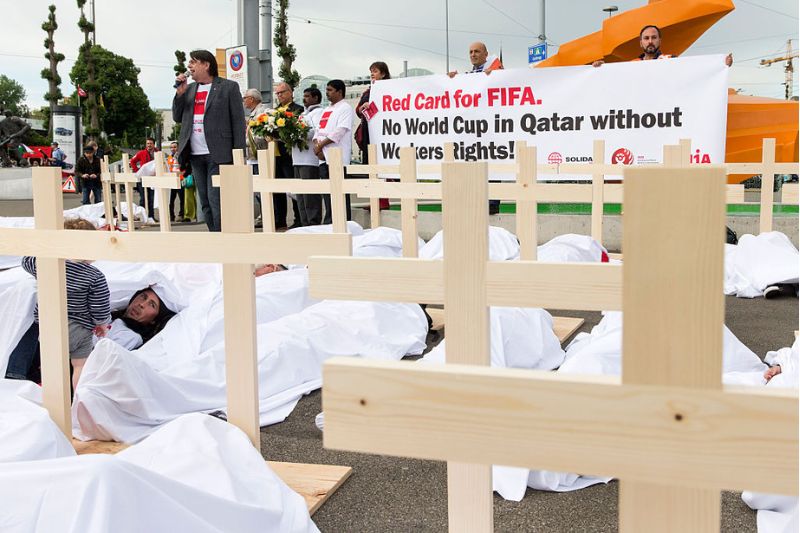
INTERNATIONAL
- Binoy Kampmark
- 25 October 2022
2 Comments
With the likes of David Beckham and Tim Cahill openly supporting the FIFA Men's World Cup in Qatar next month, what of those troubled sporting figures wishing to take an ethical, moral stand against a tournament’s organisers? To that end, a new, disingenuous form of protest has emerged, one of virtuous self-promotion that eschews substantive effect.
READ MORE 
-
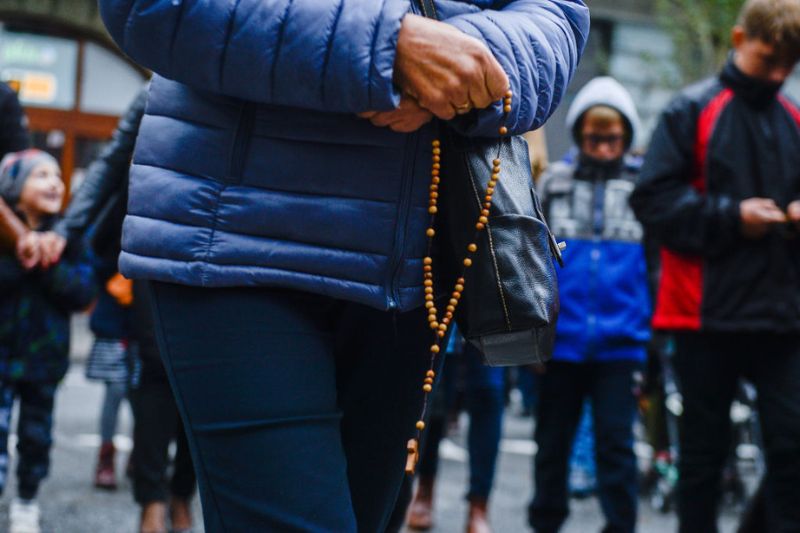
RELIGION
- John Warhurst
- 13 October 2022
13 Comments
Freedom of religion, a matter of national interest still to be resolved successfully in the Federal Parliament, has yet again become a focus for the nation’s football codes. The Essendon controversy has demonstrated how it is issues with a religious-cultural component, not economic issues, which most polarize our society and are the most difficult for politics to resolve harmoniously.
READ MORE 
-
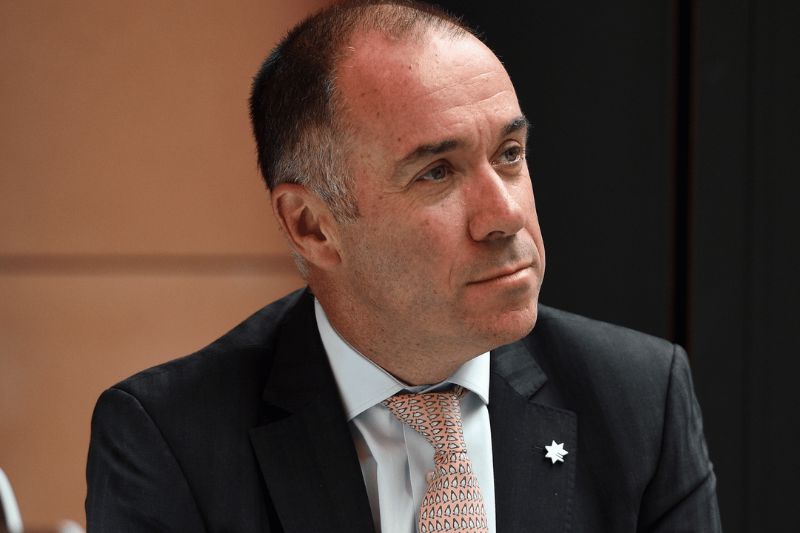
AUSTRALIA
- Chris Middleton
- 10 October 2022
18 Comments
It is highly doubtful that the Essendon Football Club appreciated the reaction that would occur when it presented its new CEO, Andrew Thorburn, with the option of giving up his role as a lay leader in the City on a Hill Anglican Church or resigning from his role with the Club. Even if many were uneasy about how the issue was caught up in the culture wars, it caused widespread concerns amongst people of faith.
READ MORE 
-
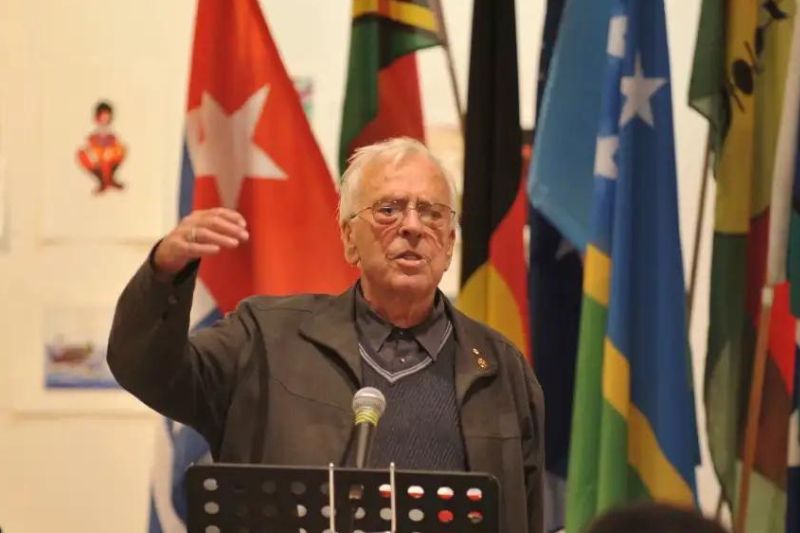
AUSTRALIA
- Andrew Hamilton
- 10 October 2022
8 Comments
Two weeks ago, Bishop Hilton Deakin died. My memories of him are inextricably tied to the Mass he celebrated in 1999 at St Patrick’s Cathedral in Melbourne, certainly the most emotionally charged event that I have seen there, following the violence orchestrated by the Indonesian military following the Referendum on Independence in East Timor. During the struggle for Independence, many East Timorese had joined the Catholic Church.
READ MORE 
-
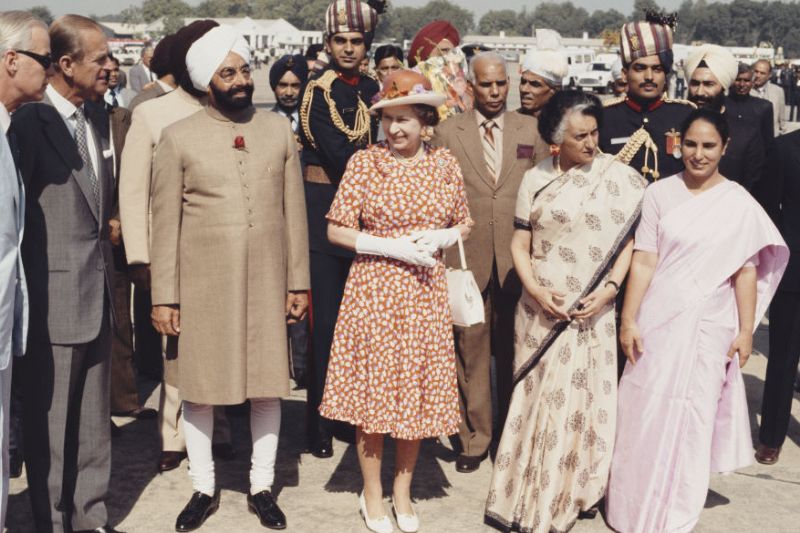
INTERNATIONAL
- Binoy Kampmark
- 20 September 2022
7 Comments
When more nuanced commentary around the passing of Queen Elizabeth II came to the fore, it was hard to avoid the difficult realities of the British monarchy and an institution that has not, through its history, delighted those conquered in its name. With Elizabeth II, it was notable that she let an opportunity to engage the topic of empire in Britain’s collective memory go begging.
READ MORE 
-
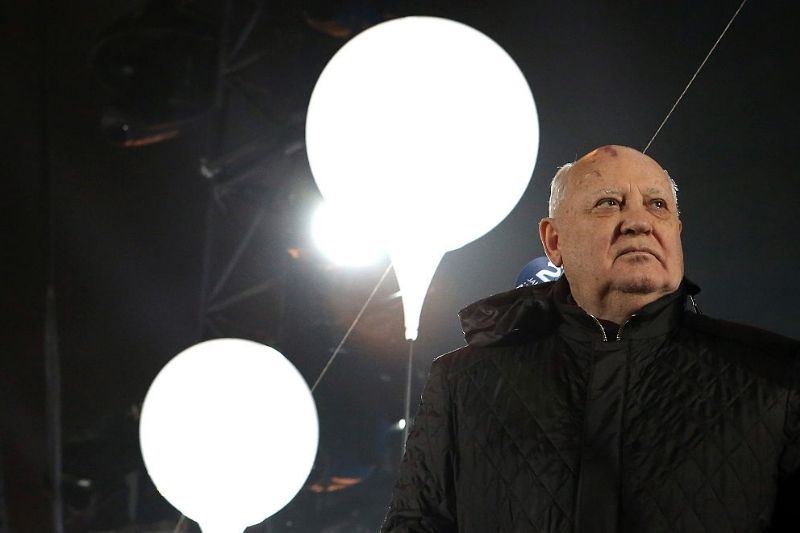
INTERNATIONAL
- Binoy Kampmark
- 08 September 2022
3 Comments
Greatness for the Soviet Union’s last leader, Mikhail Sergeyevich Gorbachev, was not to be found at home. Commentary on his passing is as much a statement of positions, endorsed by admiring beneficiaries, and loathed by those who fell off the train of history. The millions who delighted seeing the collapse of the Soviet Union and, as a result, a power vacuum and weaker Russia, toast him, eyes filled with emotion.
READ MORE 
-
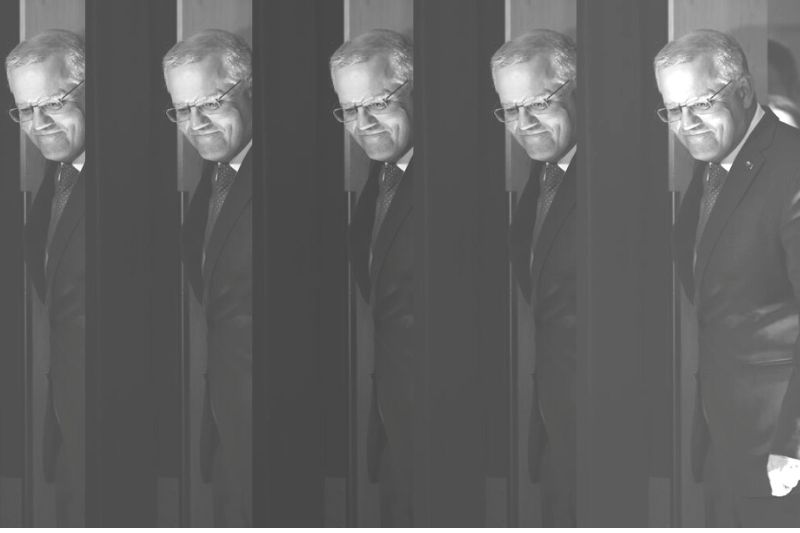
AUSTRALIA
- Binoy Kampmark
- 01 September 2022
8 Comments
The most striking note in the tempestuous outrage regarding Scott Morrison’s self-appointment (technically, appointment with the Governor-General’s approval) to five ministerial portfolios other than his own, is the search for the illegal. Such a search is fruitless in a system that thrives on the principle of convention, perennially uncodified and therefore susceptible to breach.
READ MORE 
-
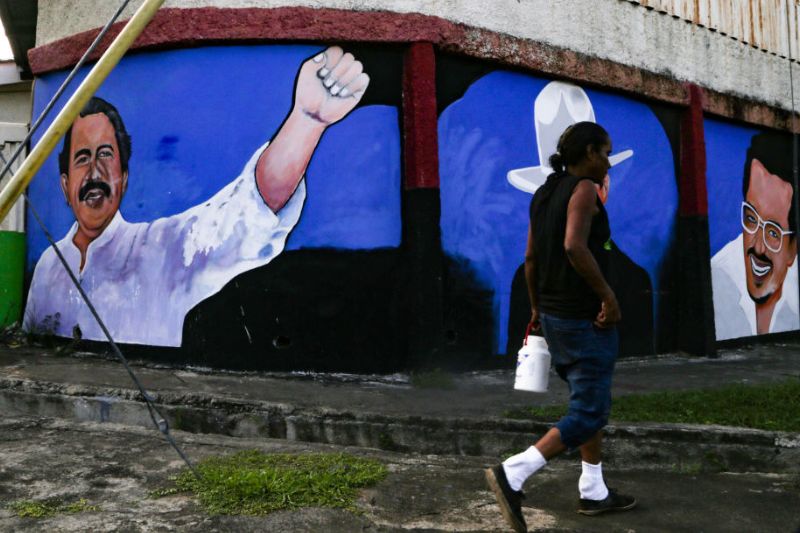
INTERNATIONAL
- Antonio Castillo
- 01 September 2022
2 Comments
In Nicaragua, Catholic priests and institutions are under siege. In the last five months, the Ortega regime has increased its persecution of the Church, accusing them of being ‘terrorists.’ The conflict has been further exacerbated by the detention of Bishop Rolando Álvarez, the most outspoken critic of Ortega. In less than four years, the Church has suffered 190 attacks, including a fire in the Cathedral of Managua. However, the crisis in Nicaragua is not as clear-cut as it might seem.
READ MORE 
-
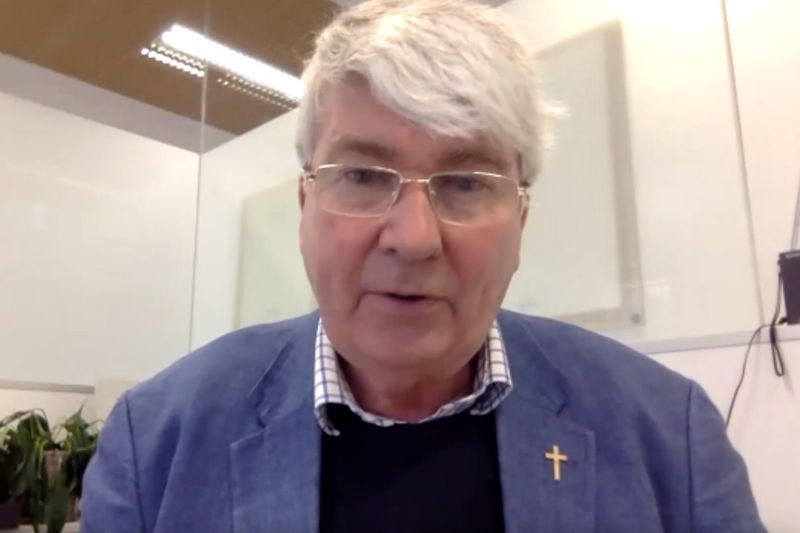
AUSTRALIA
- Frank Brennan, Vicki Clark
- 18 August 2022
3 Comments
How can individuals and organisations engage with and support progress on reconciliation? In this conversation, Fr Frank Brennan SJ (Rector, Newman College) and Vicki Clark touch on progress of reconciliation in Australia in light of the Uluru Statement from the Heart, Constitutional recognition of Aboriginal and Torres Strait Islander Peoples, the Yoorrook Justice Commission and the Victorian Treaty process.
READ MORE 
-
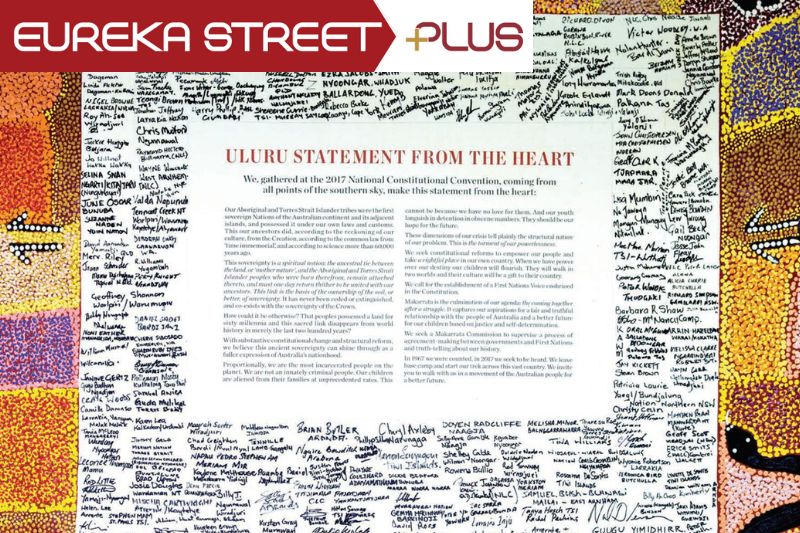
AUSTRALIA
- Frank Brennan
- 17 August 2022
2 Comments
We need to be able to do more than simply give notional assent to the Uluru Statement. We need to be able to contribute to the hard thinking and difficult discussions to be had if the overwhelming majority of our fellow Australians are to be convinced of the need for a Voice in the Constitution.
READ MORE 